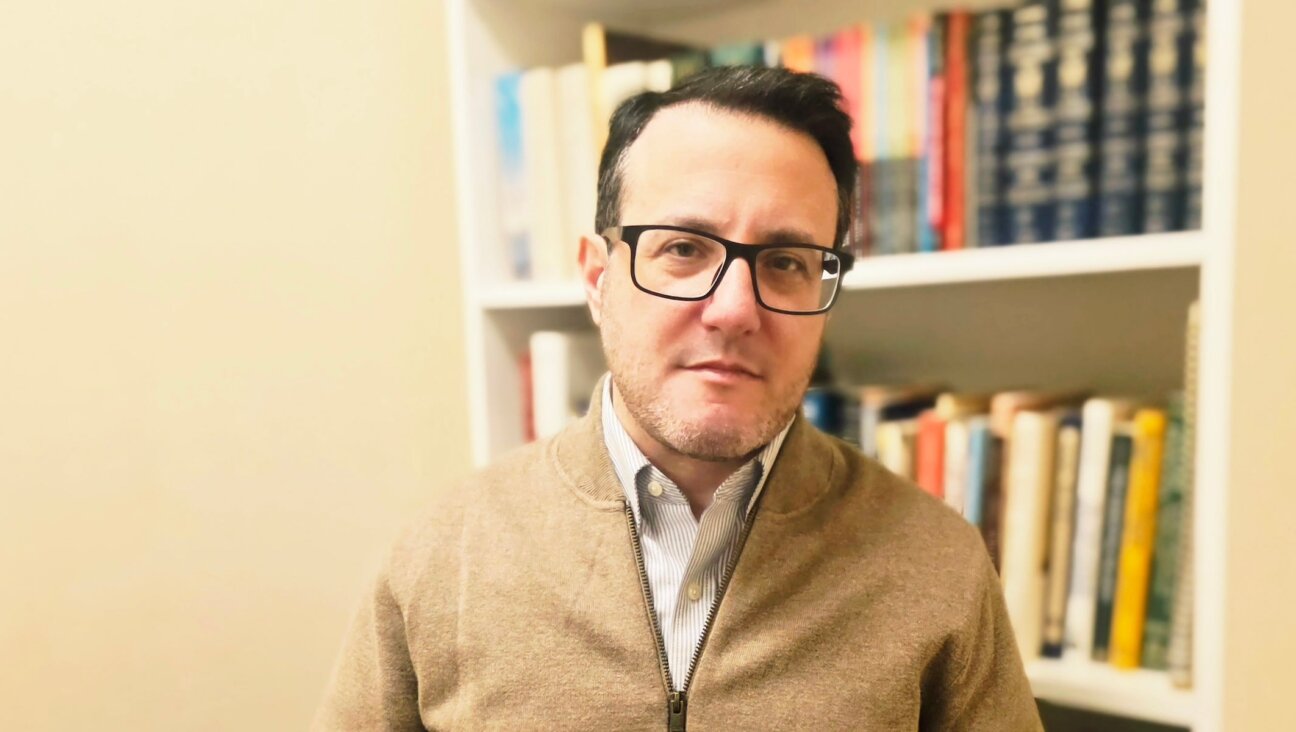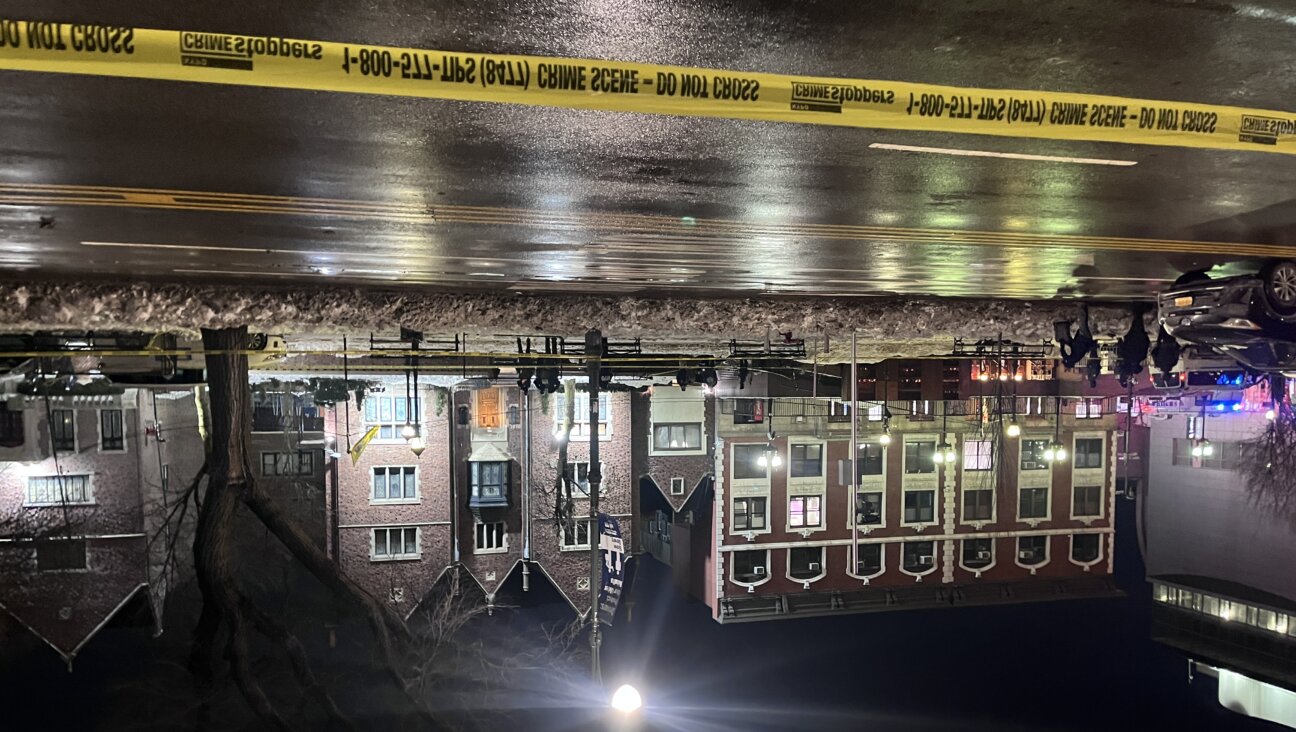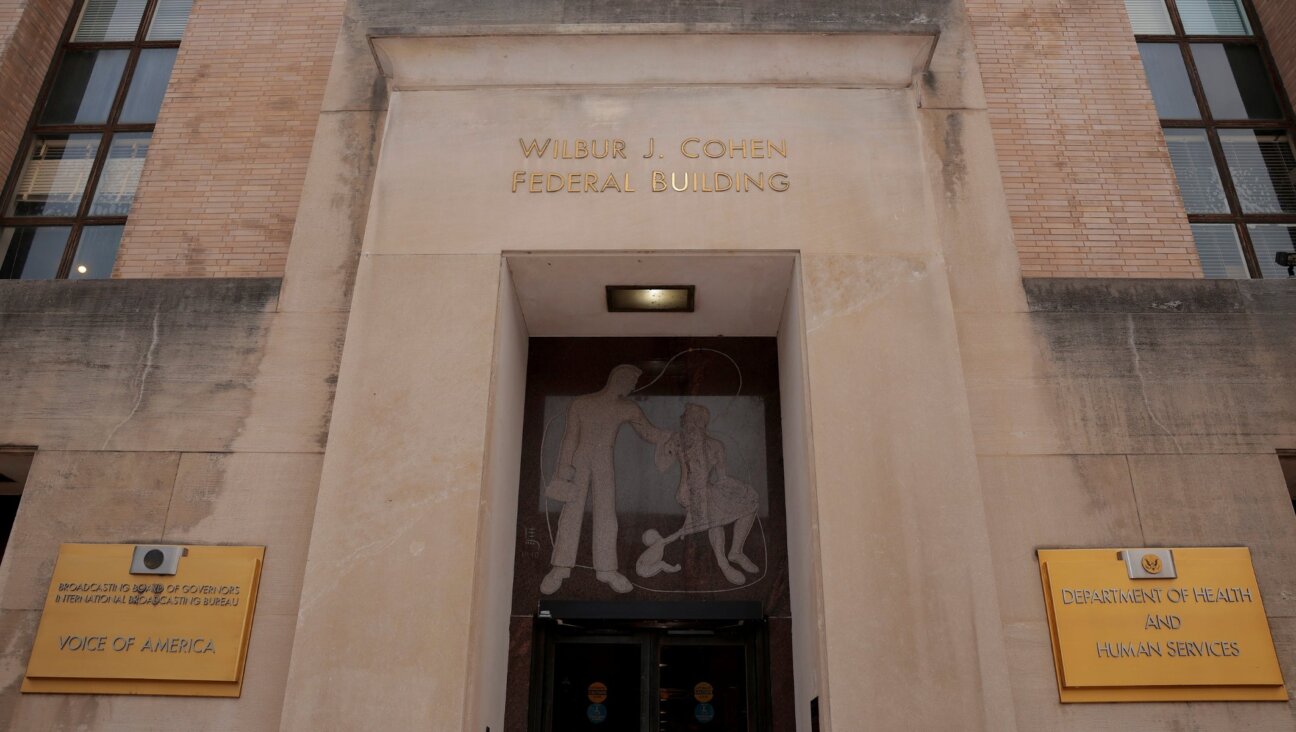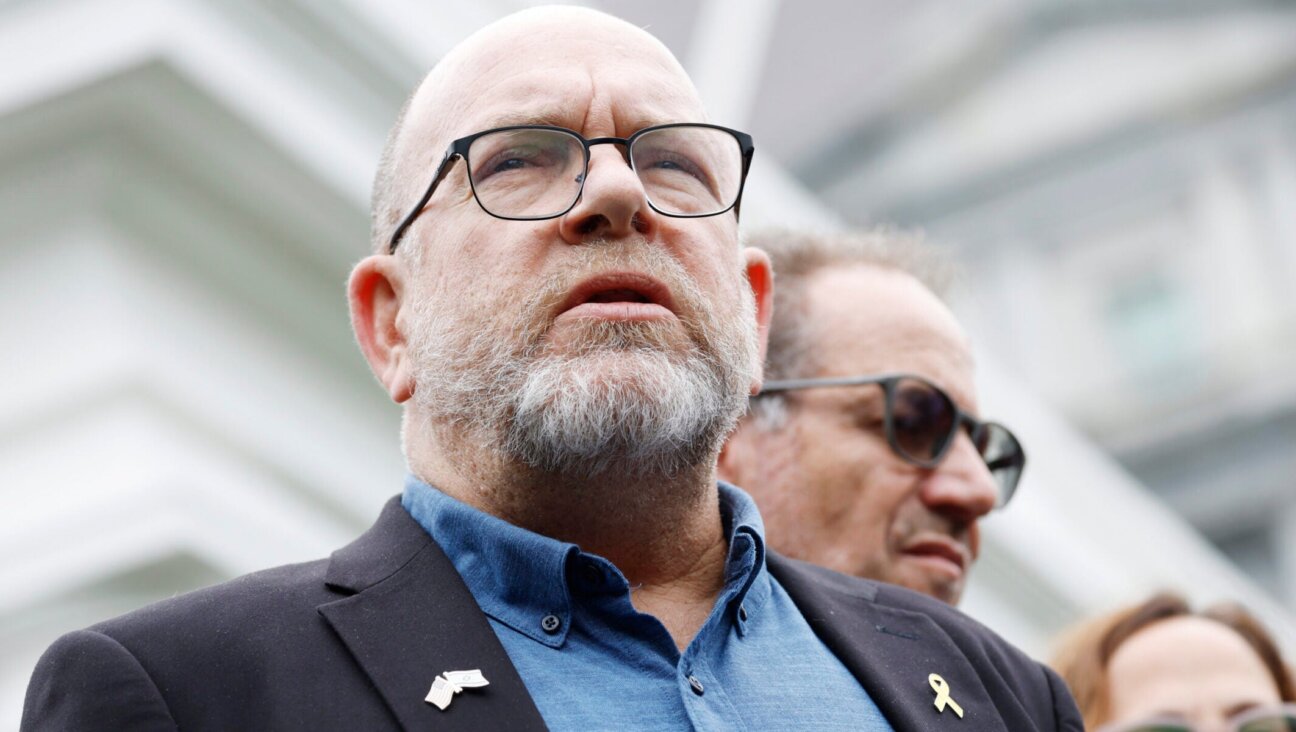Gaza Blockade Won’t End With Turkey Apology and Ties, Israel Insists
Israel did not commit to ending its Gaza blockade as part of reconciliation with Turkey and could clamp down even harder on the Palestinian enclave if security is threatened, a senior Israeli official said on Sunday.
After Friday’s U.S.-brokered fence-mending announcement, Turkish Prime Minister Tayyip Erdogan said Israel had met his demands it apologise for killing nine Turks aboard a Gaza-bound activist ship in 2010, pay compensation and ease the blockade.
But during the almost three-year rift between the ex-allies, Erdogan had routinely insisted that Israel end the blockade.
The rapprochement deal noted Israel’s relaxing of curbs on Gaza’s civilian imports in that period and pledged “to continue to work to improve” Palestinians’ humanitarian situation.
“If there is quiet, the processes easing the lives of Gazan residents will continue. And if there is Katyusha (rocket) fire, then these moves will be slowed and even stopped and, if necessary, even reversed,” Israeli national security adviser Yaakov Amidror said.
“We did not agree to promise (Turkey) that under any condition we would continue to transfer all the things into Gaza and ease up on the residents of Gaza if there is shooting from there,” he told Israel’s Army Radio.
“We do not intend to give up on our right to respond to what happens in Gaza because of the agreement with the Turks.”
But Amidror noted the reconciliation held benefits for Israel, such as helping it deal with spillover from civil war in Syria and pursue other regional interests, including cooperation with NATO, which alliance partner Ankara had sought to block.
On Thursday, Islamist militants in Gaza fired rockets into Israel during a visit by U.S President Barack Obama, causing no casualties. Israel responded by closing a commercial crossing with Gaza and slashing Palestinian access to fishing waters.
Two Israeli officials told Reuters they knew of no plan to review the naval blockade, imposed during the Gaza war of 2008-2009 and which Israel says stems arms shipments to the territory’s Islamist Hamas government and smaller factions.
HAMAS HOPEFUL
Hamas, which has largely held fire since its eight-day war with Israel in November, said on Friday that Erdogan told its leader, Khaled Meshaal, that the Jewish state had promised to “lift the siege on the Palestinian people”.
Ismail Haniyeh, prime minister in the Hamas government, said he expected Erdogan to make a solidarity visit to Gaza “soon”.
Israeli marines boarded a Turkish ship, the Mavi Marmara, which tried to reach Gaza in 2010 and killed nine activists in deck brawls. A U.N. investigation faulted Israel for excessive force but deemed the blockade legal – a finding Ankara rejected.
Erdogan, whose government has roots in political Islam, previously referred to the Marmara dead as “martyrs” and accused Israel of murder and state terrorism.
Israel had long offered statements of regret but balked at apologising, saying such contrition would cast a defensive maritime action as immoral and draw lawsuits against the navy.
On Friday, right-wing Prime Minister Netanyahu said he had “expressed Israel’s apology to the Turkish people for any mistakes that might have led to the loss of life or injury”.
Israel, which previously offered compensation to those bereaved or injured on the Marmara, would conclude a damages deal involving “nonliability,” Netanyahu’s office said – a reference to the Turks scrapping bids to prosecute Israelis.
A senior Netanyahu aide said apologising had been “a difficult decision” for the prime minister. Erdogan’s office said that in his phone conversation with Netanyahu he had voiced appreciation for the “centuries-long friendship and cooperation between the Turkish and Jewish nations”.
Asked if Erdogan had offered a reciprocal apology for rhetoric including an attack on Zionism last month that drew a U.S. rebuke, Amidror said no.
“This is the Middle East (where) matters of honour play this or that a role in the behaviour of people and nations,” he said, arguing Israel apologised for the sake of the national interest.
















